
AGRICULTURE
Cashew value chain promotion in Africa training underway in Sunyani
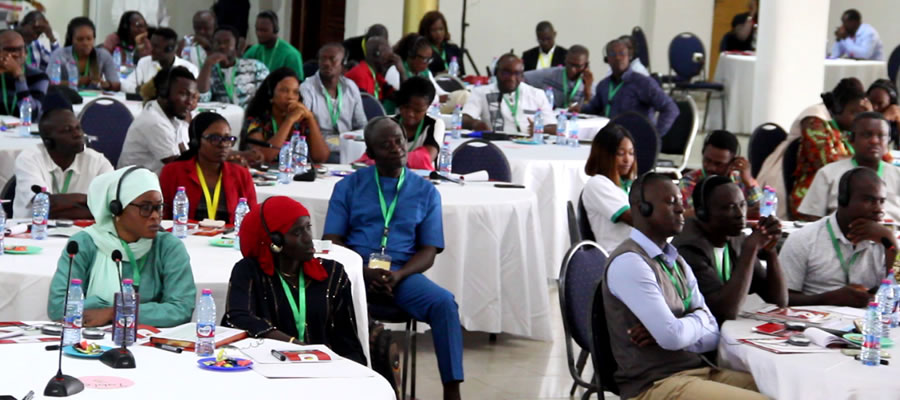
Date Created : 5/30/2025 12:00:00 AM : Story Author : Imoro T. Ayibani/Ghanadistricts.com
The programme which is being held under the theme ‘Improved planting materials and Good Agricultural Practices (GAP)’ serve as a premier capacity-building platform for actors in the cashew industry and aimed to enhance expertise across the value chain from production and processing, marketing and policy through a blend of theoretical learning and practical application for participants.
Madam Beate Weiskop, the Project Manager of GIZ/MOVE, Com Cashew in her welcome statement said the training would enable them learn about sustainable production systems, integrated pest and disease management and additional income generation through carbon management, among others.
On gender, Madam Weiskop said steps were being taken to drive gender transformation by ensuring equal participation of both women and men, with a minimum of 50% representation being youth. “We firmly believe that the cashew sector can only achieve global competitiveness when women and men are equally participating and contributing to the development of the Value Chain”, she emphasized.
She encouraged all participants to fully embrace the outstanding training opportunity and to deepen their knowledge, expand network, and broaden their perspectives, Dr. Owusu Domfeh, the Executive Director of the Cocoa Research Institute of Ghana (CRIG) in his speech said CRIG remains committed to supporting the development of high-performing, pest and disease resilient cashew varieties, and to strengthening research-extension linkages that ensure such innovations reach farmers.
He noted that cross-cutting issues such as gender inclusion, facilitation skills, and the development of training materials were central to building a truly sustainable and equitable cashew value chain Speaking on the theme ‘Improved planting materials and Good Agricultural Practices (GAP)’, the Executive Director of CRIG said both were timely and crucial.
He noted that the African continent produces over 60% of the global raw cashew nut (RCN) and the sustainability of production hinges on the combined use of improved planting material, sound agronomic practices, and climate-smart innovations.
Dr. Andrew Osei-Okrah the Chief Executive Officer (CEO) of the Tree Crops Development Authority (TCDA), said the initiative aligns perfectly with the vision and mission of TCDA and stand out as a symbol of collaborative action, building the technical, managerial, and entrepreneurial capacity needed to unlock the full potential of Africa’s cashew value chain.
Mr. Joseph Addae Akwaboa, Bono Regional in his address noted that Africa remains the leading producer of Cashew nuts, yet capture a small fraction of its total value due to limited local processing, weak market systems, and inadequate value addition.
He called for innovation, investment and capacity building across the value chain to unlock the full economic potential of the cashew industry.
The Minister was full of pride of Bono Region’s central role in Ghana’s cashew sector, saying cashew was not just a major cash crop but also livelihood for thousands of farmers, processors, traders and exporters. He noted government remains committed to supporting the cashew sector through policy reforms, infrastructure development and private sector engagements.
Mr. Addae Akwaboa took the opportunity to draw stakeholder’s attention to the economic value of large number of tons of cashew apples left to rot in the farms after the harvest season. “As a new Regional Minister, the little search I have done on the cashew product indicates that the cashew fruits can be used to produce bread, wine, fertilizer, poultry feed and other products to enhance the transformation of our local economy”, he said
Upon completing the training, participants return to their workplaces with enhanced skills and a mandate to share knowledge, helping to extend the program’s impact across the cashew value chain.
Topics covered span from production and processing of raw cashew nuts to economics, market dynamics, marketing, and financing mechanisms. The eight (8) countries participants were drawn include Benin, Burkina Faso, Côte d’Ivoire, Ghana, Guinea-Bissau, Nigeria, Senegal, and Sierra Leone
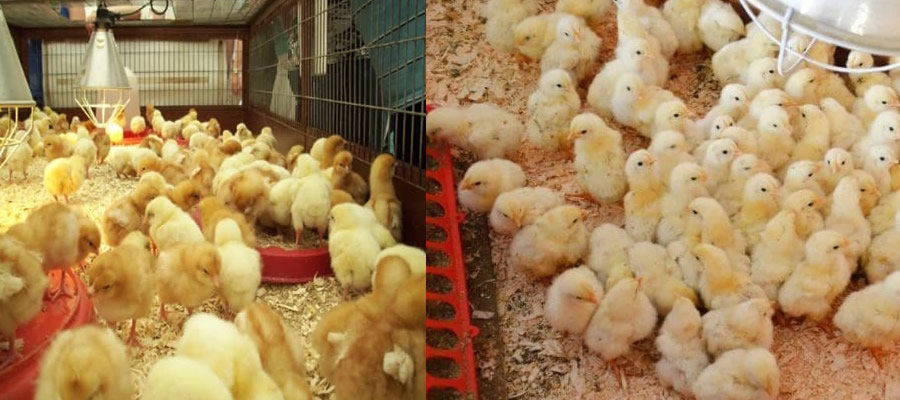

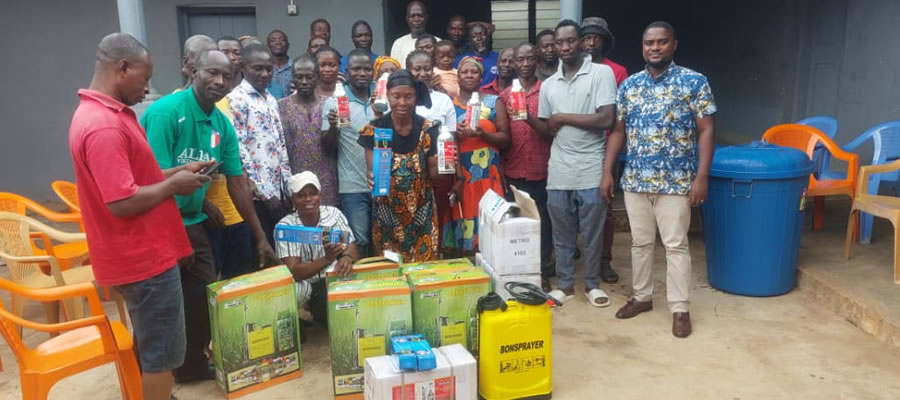


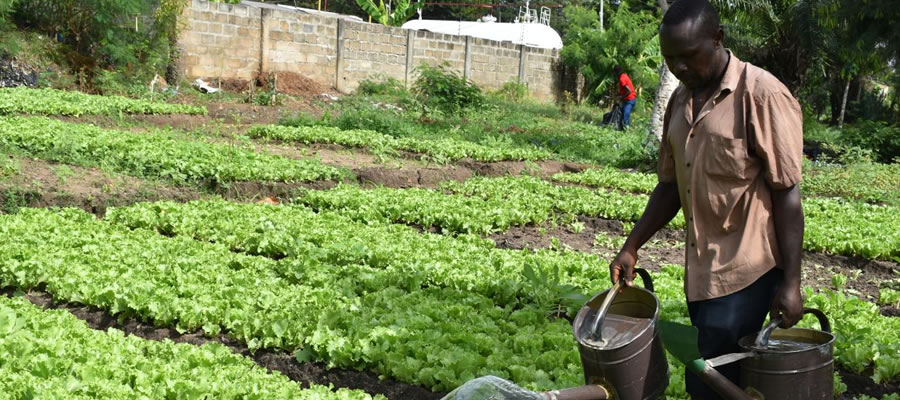
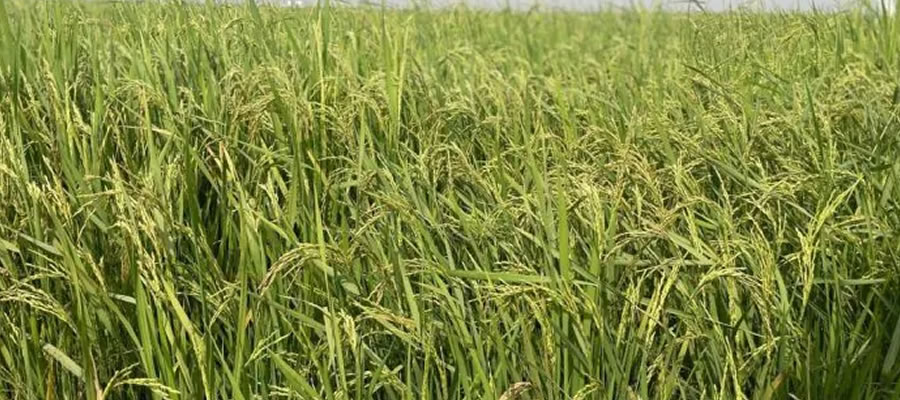
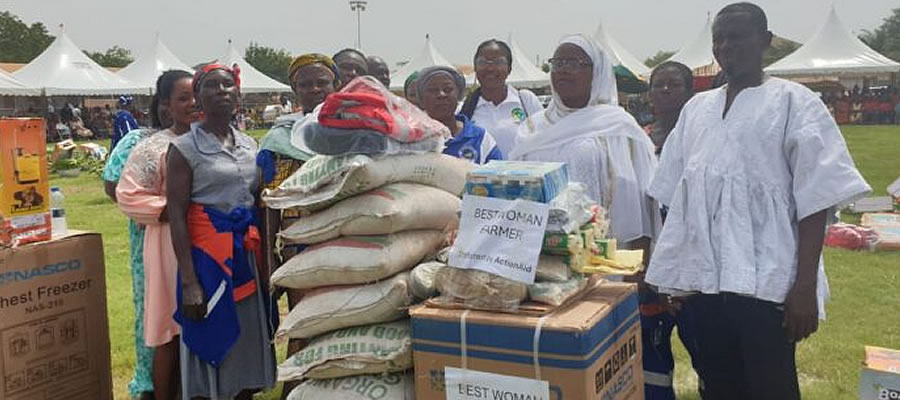
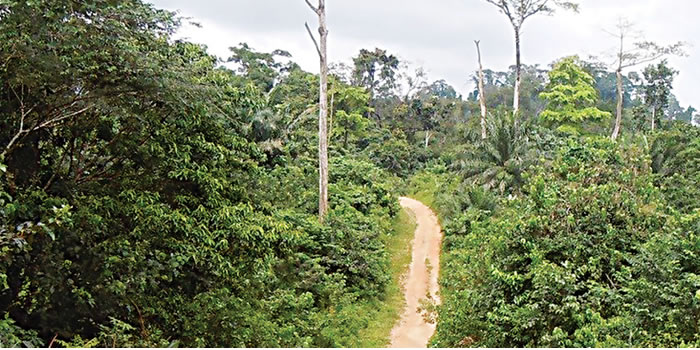
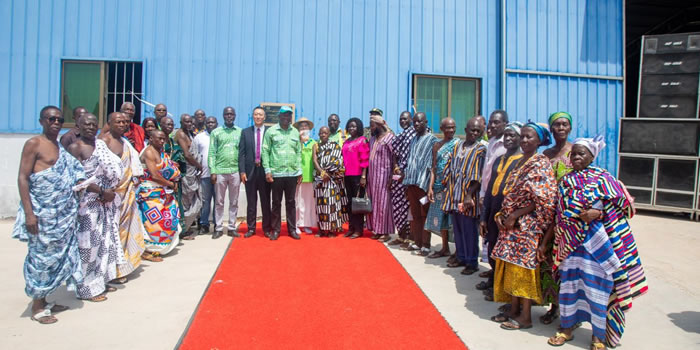
 facebook
facebook
 twitter
twitter
 Youtube
Youtube
 +233 593 831 280
+233 593 831 280 0800 430 430
0800 430 430 GPS: GE-231-4383
GPS: GE-231-4383 info@ghanadistricts.com
info@ghanadistricts.com Box GP1044, Accra, Ghana
Box GP1044, Accra, Ghana